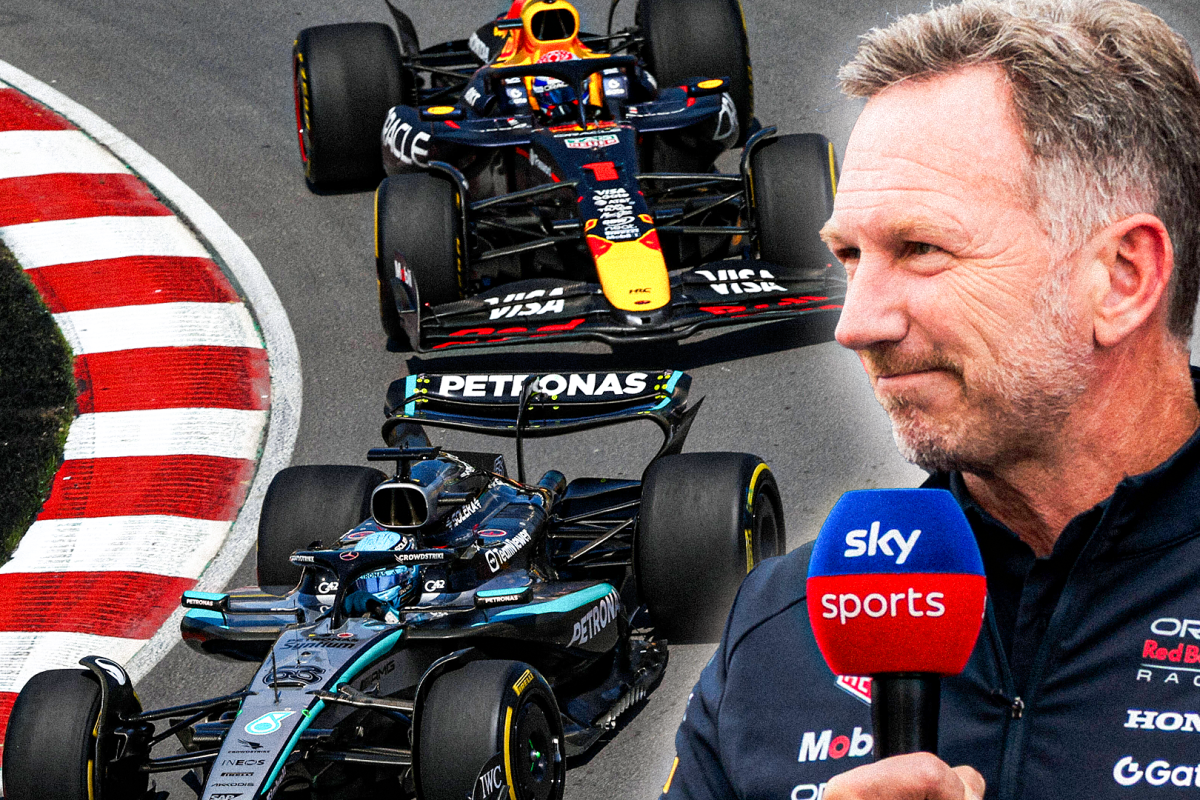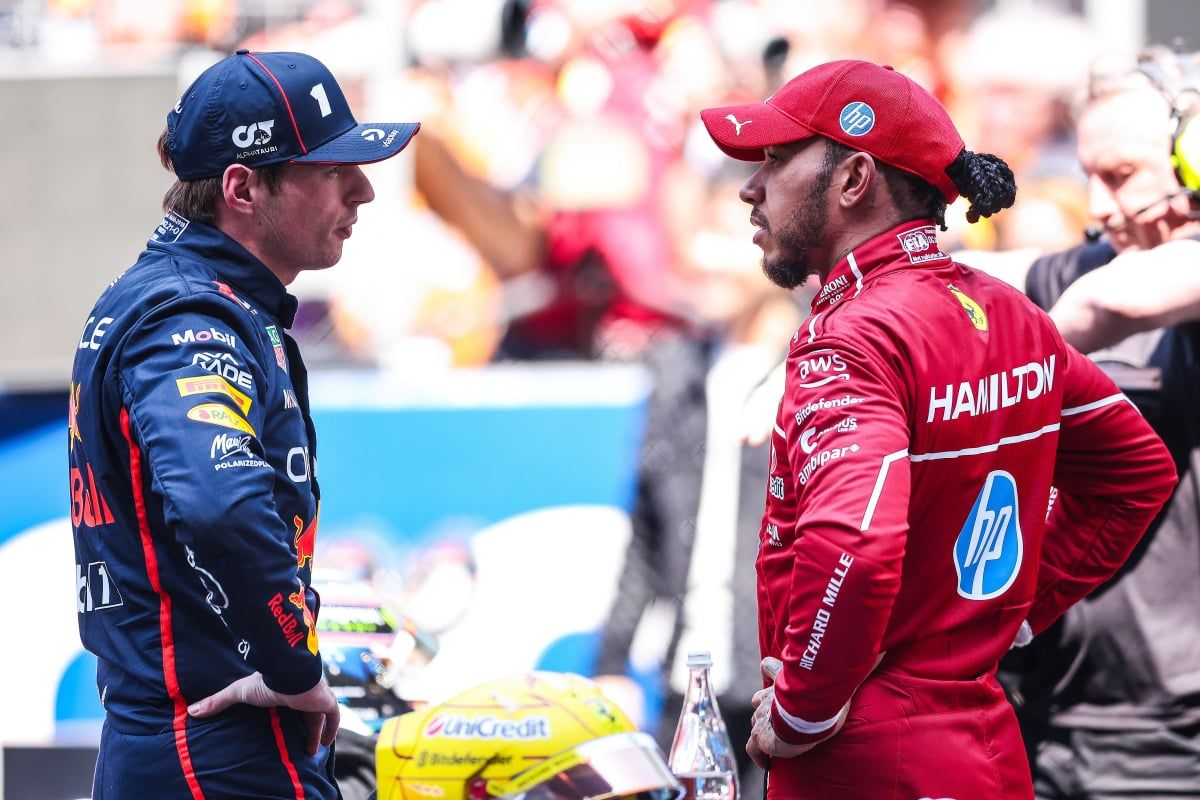Christian Horner doubles down on bold George R… read more
The simmering rivalry between Red Bull and Mercedes in Formula 1 reached a fever pitch following the Canadian Grand Prix, igniting a fiery debate about sportsmanship and the interpretation of racing regulations. Christian Horner, the steadfast team principal of Red Bull Racing, doubled down on his controversial decision to protest the race result, a move that saw George Russell declared the victor after a tense five-hour deliberation by the stewards. Horner’s unwavering stance, despite widespread criticism, underscores the intensity of the championship battle and the lengths teams are willing to go to secure an advantage.
The crux of Red Bull’s protest centered on alleged breaches of regulations by George Russell during the closing stages of the race under the safety car. The team claimed Russell drove erratically and failed to maintain sufficient distance from the car ahead, actions they deemed to be in violation of the sporting code. While the stewards ultimately dismissed Red Bull’s protest, clearing Russell and confirming his maiden victory of the season, Horner remained resolute in his justification. In a statement to Sky Sports at the premiere of the new F1 movie, he emphatically declared, “No, absolutely not. I mean it’s a team’s right to do so. We saw something that we didn’t think was quite right, and you have the ability to put it in front of the stewards. So that’s what we chose to do.”
Horner’s assertion of a team’s right to protest highlights a crucial aspect of Formula 1’s governance. Teams are granted the opportunity to challenge race results if they believe a transgression of the rules has occurred, ensuring a degree of accountability and fairness within the competitive environment. However, the execution of such protests often becomes a delicate balancing act, demanding a keen understanding of the nuances of the regulations and a judicious assessment of the potential consequences. The controversy surrounding Red Bull’s protest in Canada is a testament to this complexity.
The reaction to Red Bull’s protest was swift and largely negative, especially from Toto Wolff, the Mercedes team principal. Wolff characterized the protest as “embarrassing,” a stinging rebuke that further intensified the already tense relationship between the two teams. The intense rivalry between Red Bull and Mercedes, fueled by their dominance in recent seasons and the relentless pursuit of championship glory, serves as a backdrop to this clash of opinions. The debate transcends a simple disagreement about a specific race incident; it delves into broader questions about sporting ethics, the interpretation of regulations, and the strategic implications of launching a protest.
This incident marked the second time this season that Red Bull had contested a race result, with a previous protest concerning Russell’s third-place finish in Miami also being rejected. This pattern of protest, however unsuccessful, suggests a strategic approach by Red Bull, possibly aimed at influencing future race decisions or exerting pressure on rival teams. The cumulative effect of these protests is to generate controversy and fuel the narrative surrounding the championship battle, a strategy that could indirectly benefit Red Bull.
The Canadian Grand Prix victory propelled Russell within striking distance of Max Verstappen in the driver’s standings, reducing the gap to just 19 points. This tightening of the championship race adds another layer of complexity to the situation, further emphasizing the stakes involved. The intense competition extends beyond Verstappen and Russell, encompassing McLaren drivers Oscar Piastri and Lando Norris, who also find themselves in contention for the championship. The four title contenders will have a brief respite this weekend before the focus shifts to the Austrian Grand Prix at the Red Bull Ring, a track that holds special significance for Russell after his victory there in 2024, a race marked by a dramatic clash between Norris and Verstappen. The upcoming Austrian Grand Prix promises a continuation of the fierce rivalry and a potentially pivotal moment in the championship’s unfolding narrative.




